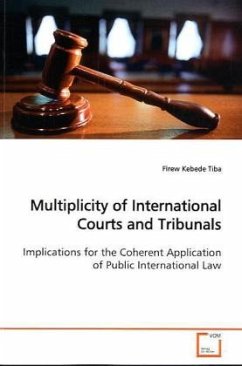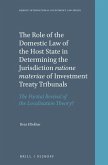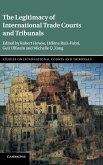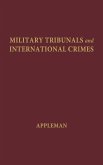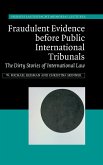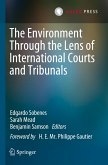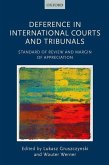This work analyzes the jurisdictional powers of international tribunals in certain areas of fundamental significance and importance. It clarifies how tribunals and consensual arrangements have approached problems and which general principles may have emerged. Special aspects of jurisdiction of some particular tribunals have been studied in greater detail. These are: the Permanent Court of International Justice and the International Court of Justice, the ICSID arbitration tribunals, the administrative tribunals covering disputes between international organizations and their employees, the European Court of Human Rights and the European Court of Justice. The choice of these tribunals has been based on the distinctive character of each one of them in the context of modern international legal relations. This work will be of interest to practitioners involved in the current practice of these courts and tribunals as well as academics studying the more general principles.
Hinweis: Dieser Artikel kann nur an eine deutsche Lieferadresse ausgeliefert werden.
Hinweis: Dieser Artikel kann nur an eine deutsche Lieferadresse ausgeliefert werden.


